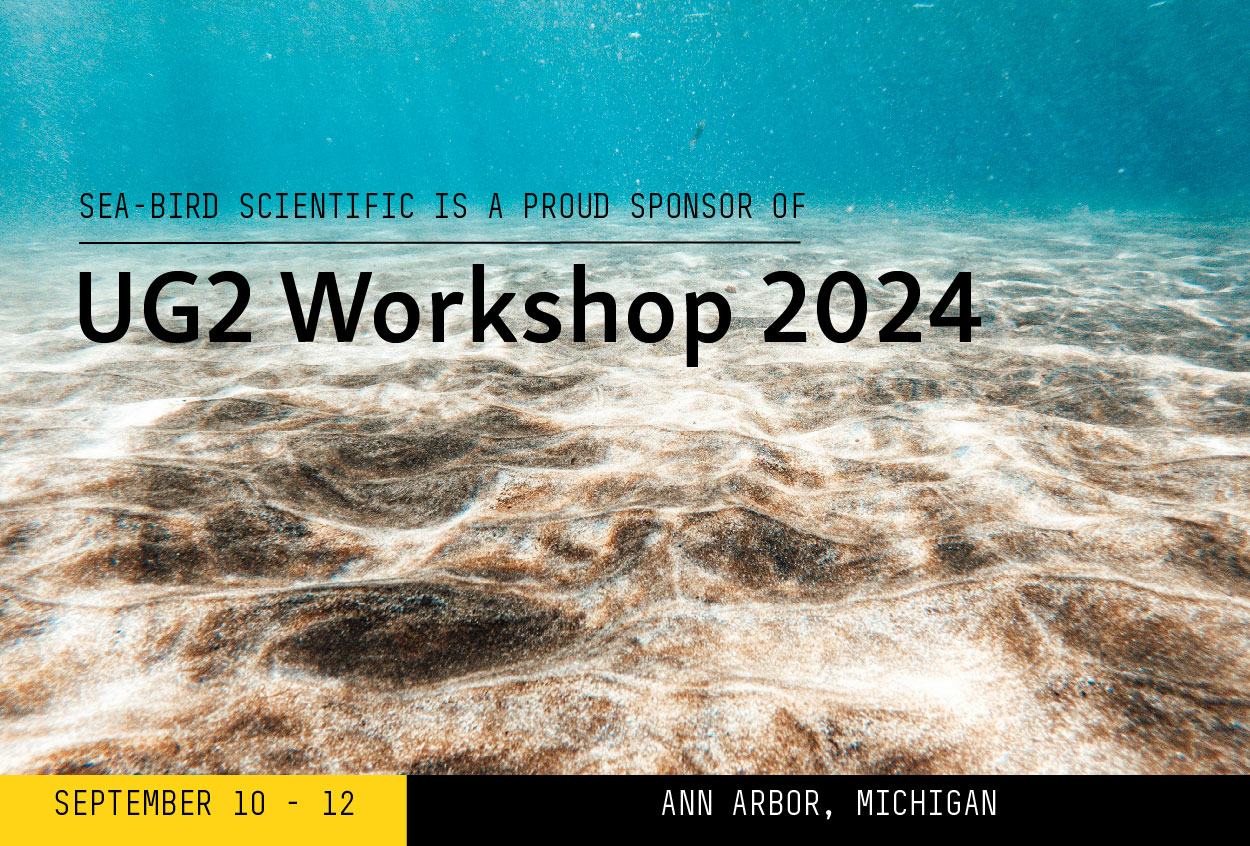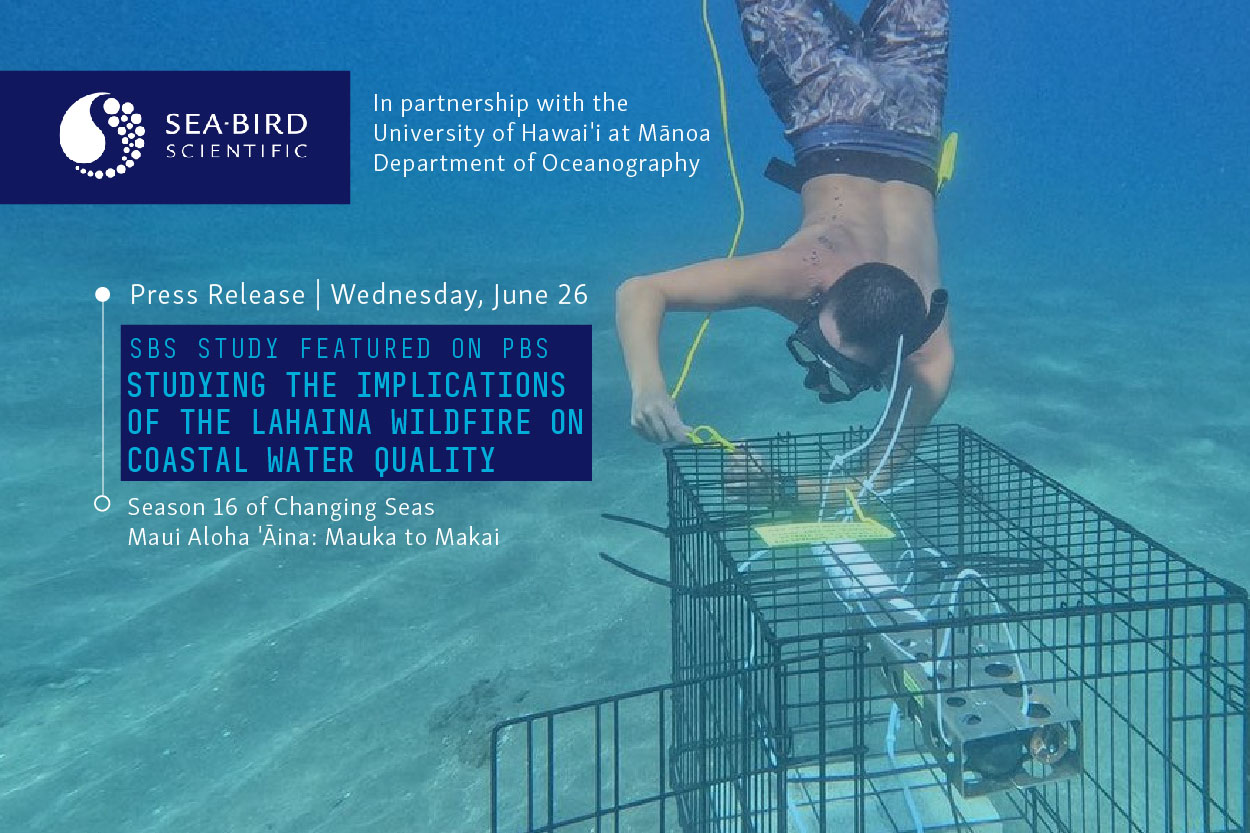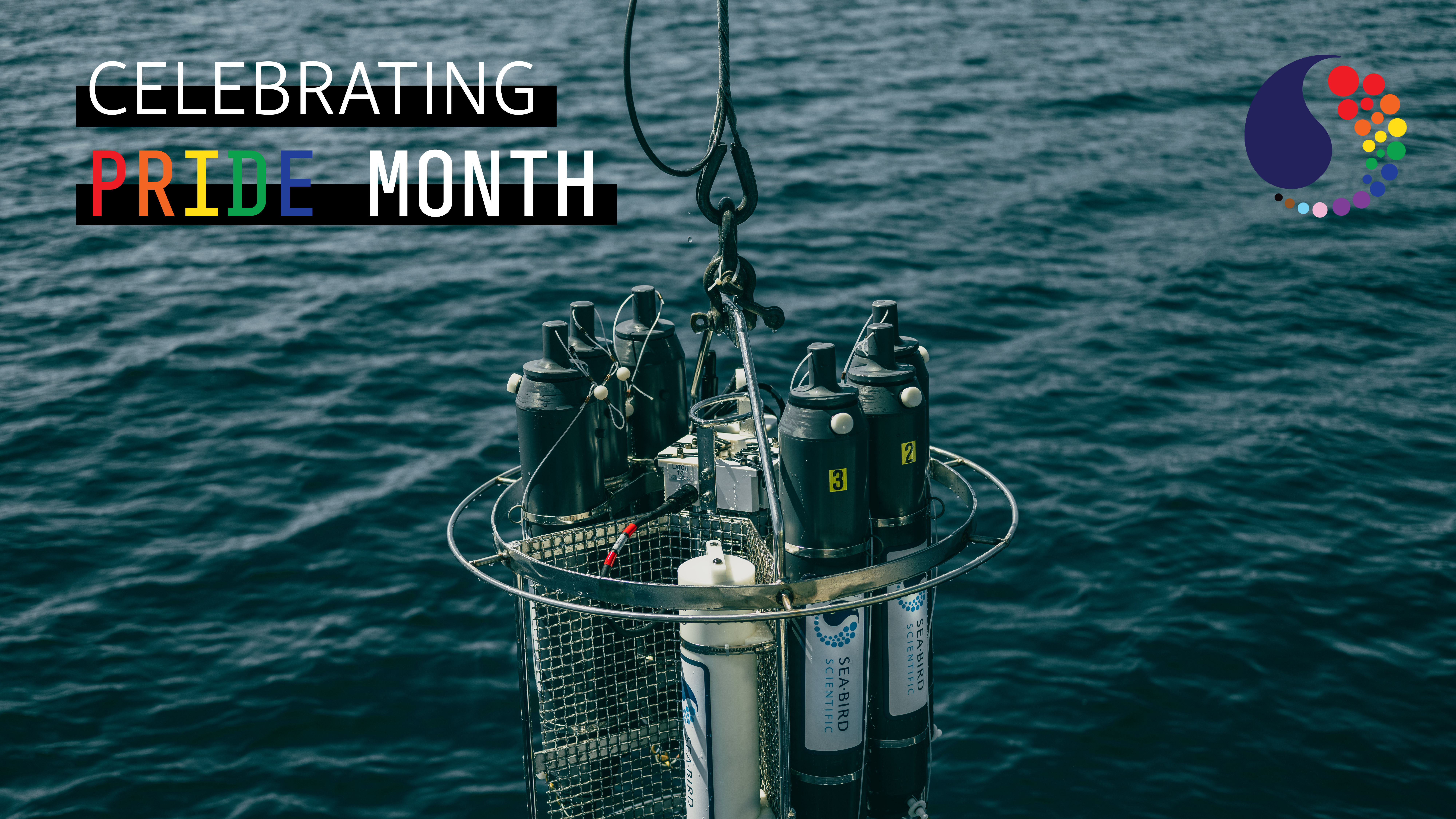The Argo Program in Numbers
In the last year of news, the dominant story has been a science topic: the coronavirus pandemic. And though most forms of Marine Science have little to do with the global response to COVID-19, its effects are felt in almost every aspect of our own scientific disciplines. Many research vessels remain docked, travel for field work has been cut, and, across the globe, thousands of instruments have been left unattended.
But it’s not all bad news. In-person scientific activity may be limited, but the Argo program continues to deliver a steady stream of data. While we have been forced to isolate, these autonomous platforms have been quietly ticking away, profiling the ocean at a time when we cannot.
So, from March 4th 2020 – the day that Sea-Bird Scientific took our first actions against COVID-19 – to August 3rd 2021, let’s take a look at what the Argo program has accomplished for us.
- 3889 floats operational On August 3rd, 2021
- 847 floats deployed
- 324 floats with under ice capability, able to profile under ice, only surfacing after months when all the ice has melted to send back the data via satellite
- >749,232,000 estimated number of data points taken
- 1337 floats older than 5 years
- Profiles in all 7 seas plus the Mediterranean, Black, and Red Seas
How has the COVID-19 pandemic affected your work? We would love to hear from you. To learn more about the future of science from afar, consider attending OT16 at Ocean Sciences 2022, chaired by Sea-Bird Scientific’s Senior Oceanographer Dr. Kim Martini.
Related Posts
Featured Posts
UG2 Workshop 2024
We hope to see you at UG2 '24 We are excited to sponsor the upcoming 2024 Glider Workshop in Ann Arbor, Michigan, from September 10 - 12, 2024. Overview This workshop will bring together the global underwater glider community to strengthen international collaboration...
Oceanology International 2024
We hope to see you at #Oi24 We are excited to return to Oceanology International 2024 again in London, UK from March 12-14. Overview Oceanology International brings together 500+ exhibitors in the only event that links the three key players in the industry:...
Ocean Sciences Meeting 2024
We hope to see you at #OSM24 We are excited to return to Ocean Sciences Meeting 2024 in New Orleans, Louisiana from February 18-23 at booth number #527. Overview The Ocean Sciences Meeting 2024 is co-sponsored by the American Geophysical Union, the Association for the...
Science and Technology
Platform


